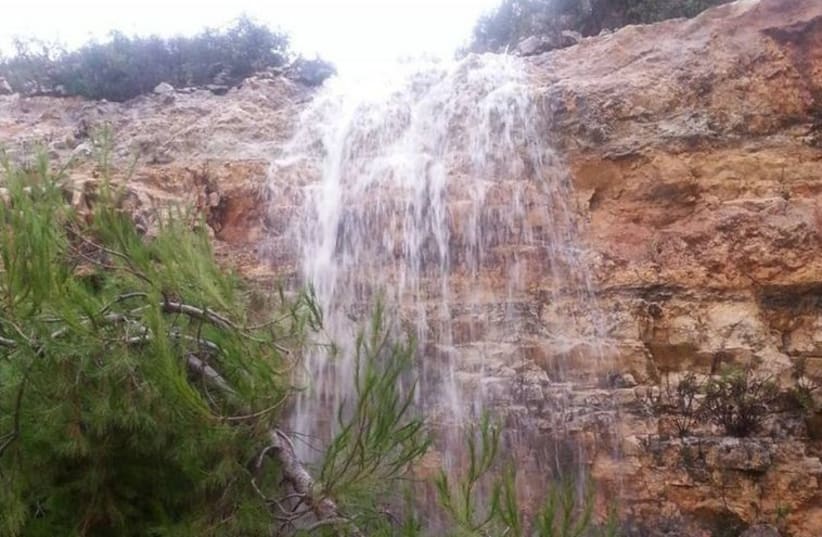
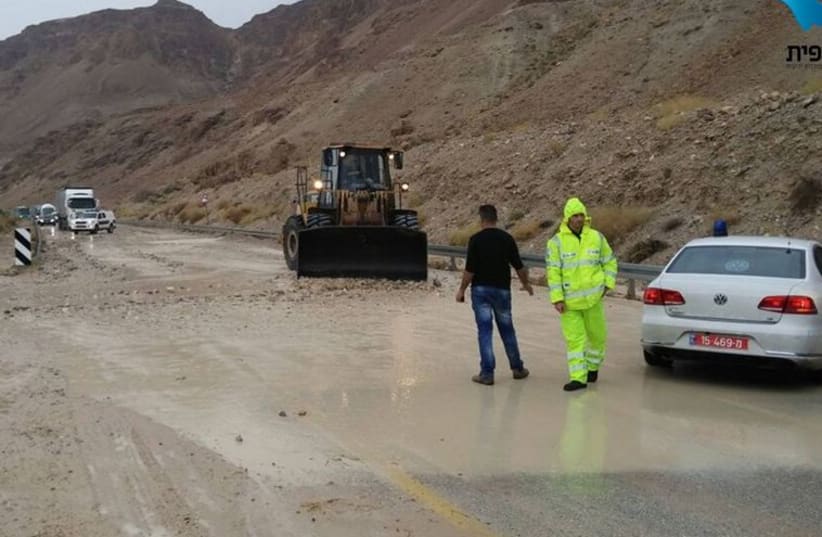
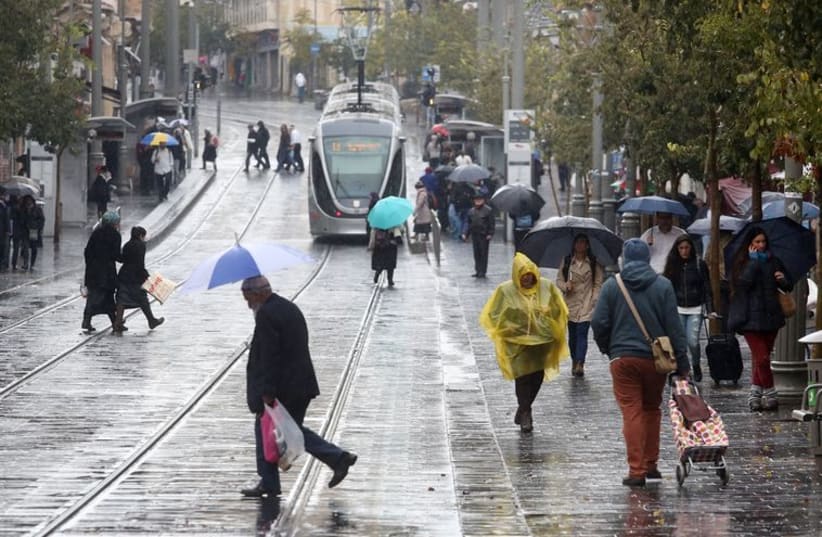
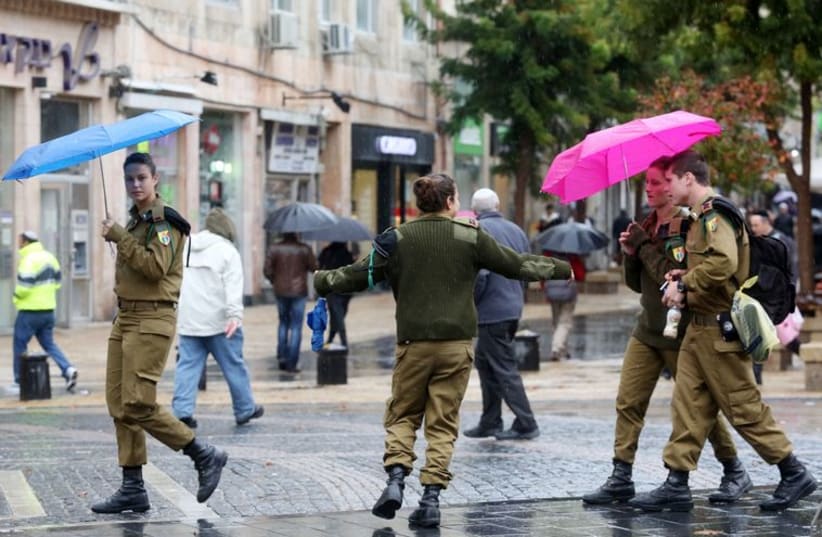
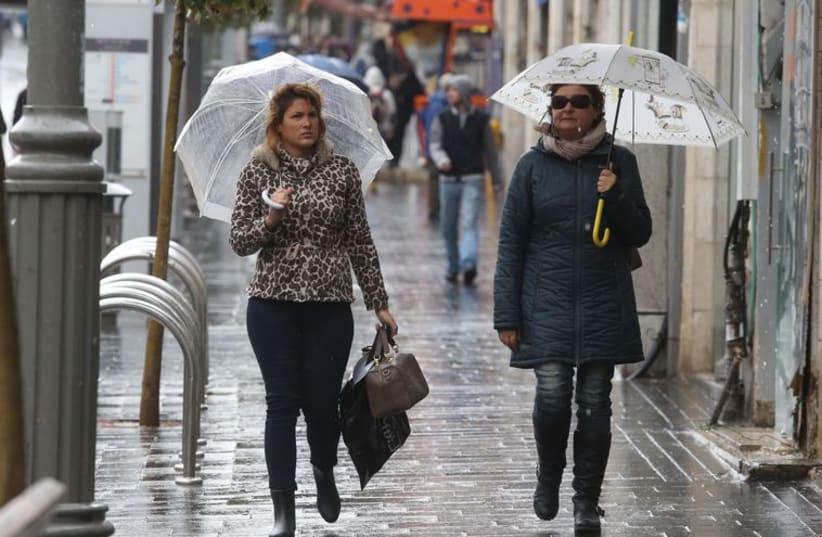
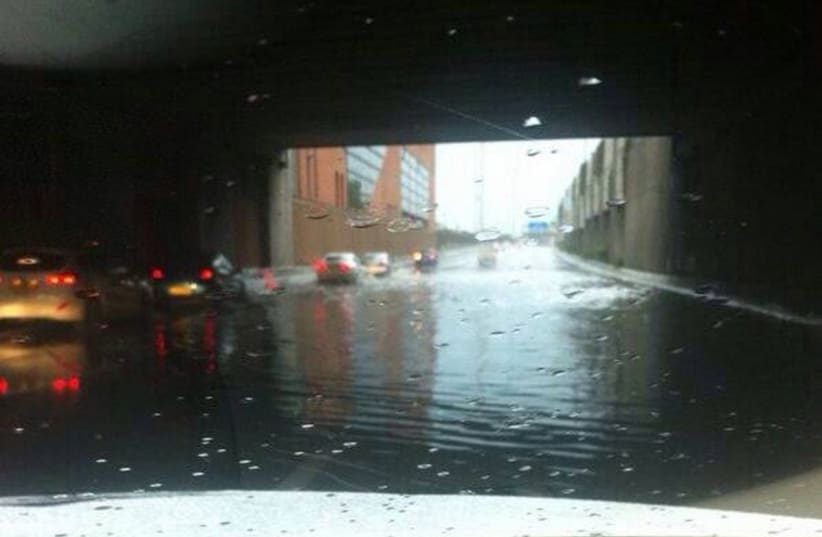
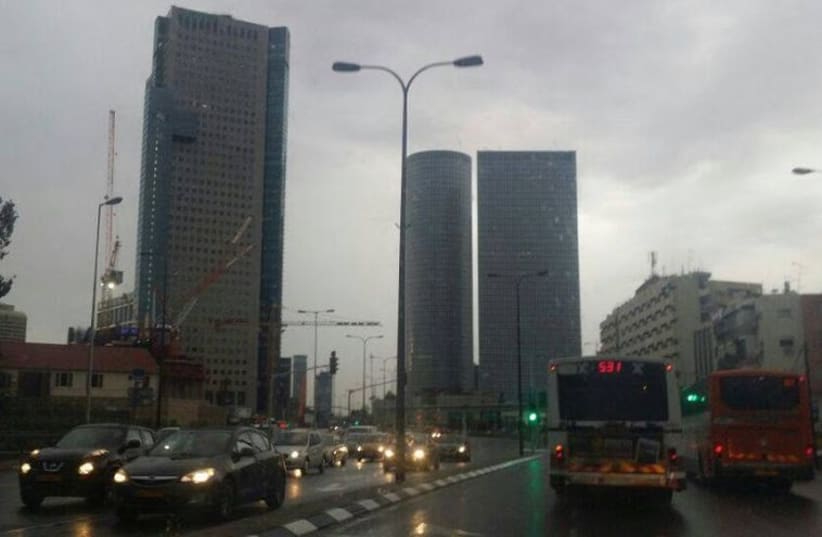
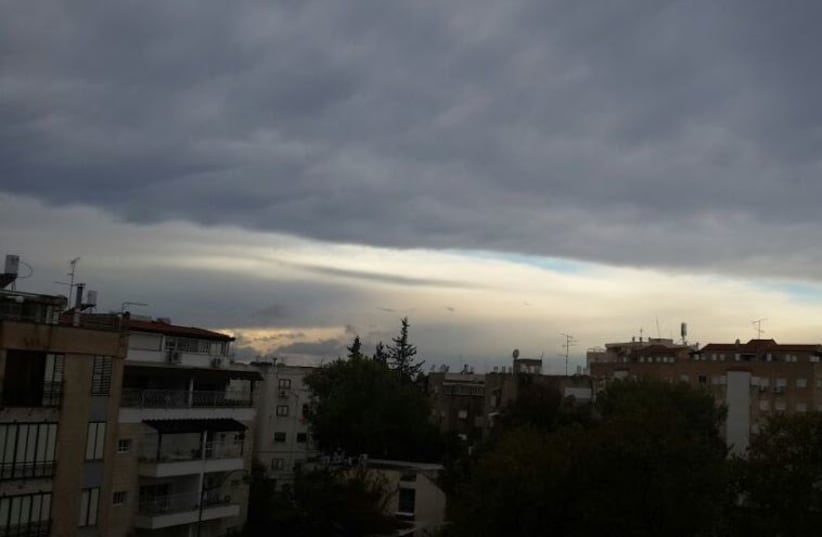

The two vehicles collided on Route 42 near Moshav Ben Zakai, just outside the southern exit of the city of Yavne, rescue forces reported. Personnel from United Hatzalah, the ZAKA search and rescue organization and Magen David Adom all arrived to provide medical treatment.The 30-year-old woman died on site, while the second victim was evacuated by Magen David Adom to Kaplan Medical Center in Rehovot.“This was a very severe frontal- side accident, with the driver’s side door completely crushed and trapping the driver inside,” said Magen David Adom senior paramedic Menashe Daudi.When the paramedics rescued the driver, she was unconscious, without a pulse and not breathing, according to Daudi. While they gave her medical treatment and performed CPR, she succumbed to her injuries and the paramedics had to determine her death on side, he explained.The driver of the second vehicle was treated for light wounds and evacuated by ambulance to Kaplan, Daudi said.Shlomo Dvir, a volunteer for United Hatzalah, added that the accident seemed to occur after one of the vehicles deviated from its course due to the road’s wetness and stormy weather conditions.“This is a road known for trouble, and we have been called upon to handle a large number of accidents there in recent years,” Dvir said.As a result of the fatal accident, the portion of Route 42 between Moshav Ben Zakai and Ashdod junction was shut down in both directions for some time after the incident, the Israel Police’s Traffic Department reported.Flood conditions slowed travel throughout the country, closing some roads and causing heavy delays on others.In the early morning, the Ayalon expressway – the major highway leading into and out of Tel Aviv – was partially flooded and temporarily closed.The water was cleared and the lanes were eventually opened, but heavy traffic continued throughout the day in certain sections in both directions.Mid-morning, police rescued a woman whose car was submerged amid floods in the central Israeli town of Or Yehuda.Some of the other roadways that experienced heavy traffic loads and assorted delays on Sunday due to weather conditions included Route 38 from Sha’ar Hagai to Nahshon junction, Route 40 from Ramle interchange to Ginaton junction, Route 402 from South Hod Hasharon junction to Adanim junction, Route 41 from Bnei Darom junction to Ashdod Port junction and many others, particularly in the center of the country and the Sharon region.Various pockets of Route 1, Route 6, Route 2 and Route 4 also experienced problems throughout the day due to the inclement weather.Not only did floods and winds wreak havoc throughout Israel, but so too did the strong thunder and lightning episodes.In the morning, fire crews were dispatched to a construction site at the Elkana settlement in the West Bank, where two Palestinian workers were injured from a fall following a lightning strike. Magen David Adom paramedics transported them to Rabin Medical Center- Beilinson Campus in Petah Tikva. The lightning strike in Elkana also sparked a fire, and firefighters arrived to gain control of the blaze.Also as a result of a lightning strike, the Israel Railways signaling system was disrupted, forcing the company to shut down rail traffic between the Ashdod and Ashkelon train stations for most of the day. Passenger service between these stations was instead provided by buses.The signal was repaired and service between the stations was restored by about 3:30 p.m.As of Sunday evening, the highest quantity of rain recorded was in Beit Yitzhak near Netanya, where 63 millimeters fell, according to Dr. Amos Porat, director of the Israel Meteorological Service’s Climate Department.Next highest was 57 millimeters in Acre, 55 millimeters in Beit Dagan near Rishon Lezion, 55 millimeters in Galed, east of Zichron Ya’acov, and 54 millimeters in Ein Hahoresh, south of Hadera.Jerusalem received 14 millimeters of rain, while just 0.4 millimeters accumulated in Beersheba. Haifa received 34 millimeters, while 5 millimeters fell in Merom Golan and 15 millimeters in Safed.The rainfall, Porat told The Jerusalem Post, was caused by a cold front.“Since the sea and the low-level atmosphere are still relatively warm, the passage of cold air in the upper level of the atmosphere over the warm layers results in significant rainfall and severe thunderstorms,” Porat said.The Israel Meteorological Service forecasted that isolated showers would continue throughout the night from the north of Israel to the northern Negev, tapering off by Monday evening. Temperatures would likely remain unseasonably cool on Monday, becoming slightly warmer on Tuesday.Due to the winter weather, the National Council for the Prevention of Road Accidents reminded drivers that there are specific precautions they should be taking throughout this season, particularly during incidents of heavy rains and winds.Winter road conditions significantly decrease visibility due to strong winds and resultant flying objects, as well as wet roads and other hazards, the authority said. Consequently, it may be harder to detect pedestrians, and the authority advised slowing down during such conditions and yielding to pedestrians.Drivers should reduce their speed by at least 20 kilometers per hour when it is rainy and by 30 to 40 kilometers per hour when winds are heavy, the authority recommended. It is also important to maintain greater distances between vehicles, as well as avoid sudden breaking or break pumping.Passing should be avoiding on slippery roads, and headlights should be switched on, day and night, the authority added.Ben Hartman and Jerusalem Post staff contributed to this report.
